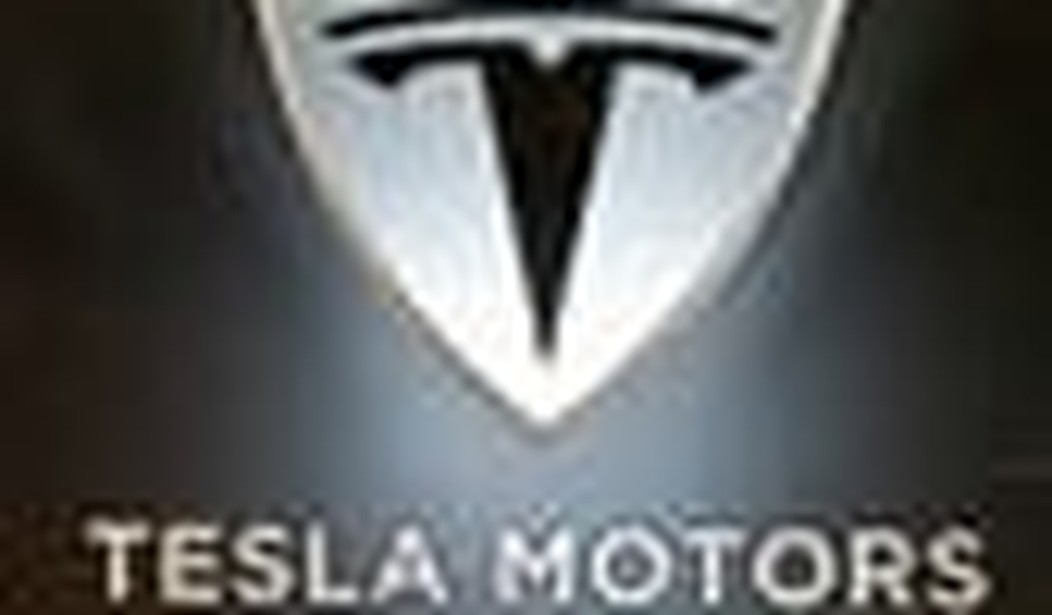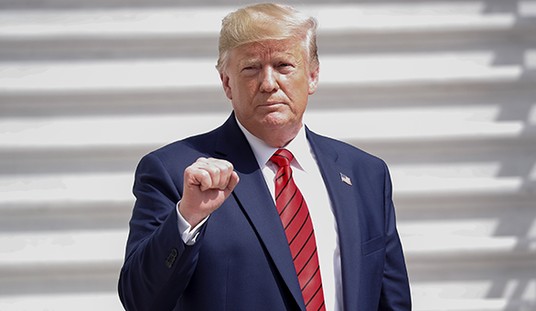Over the past several weeks Tesla Motors has received a lot of publicity, though not for the quality of its cars or the rise of its stock price. Tesla has been in the news because of its unique business model: the company offers a completely new car-buying experience by selling their luxury cars directly through their website.
This direct method of reaching to consumers does not sit well with independent auto dealers, who see this as a threat to their business. Their fear is not that the high-priced electric cars will undercut their car sales, though it may for some dealers selling luxury vehicles; their fear is that this business model may inspire other automakers to do the same thing.
Under the current system, car making is separated from car selling. The reason for this separation is to eliminate the “monopoly power” of automakers. They can only sign franchise contracts with independent companies and authorize them to carry on their car sales. Contracts include a clause for exclusivity, which effectively bans the automaker from signing another franchisee within a certain radius.
It is believed that through this business model, the middleman provides the highest value to customers by offering a better price, and better customer and maintenance service. If the consumer is not happy, he or she still has the option to go to another auto dealer, even if further away.
In reality, a car dealer maintains a relatively small inventory — which limits the consumer choice. If a customer wants more customized options, the car dealer would have to place an order for the desired car to the automaker.
Tesla Motors operates differently. A customer goes online, and with several clicks he or she builds a car based on personal choice. Much like going to a grocery store, the price is set — there is no room for negotiations. The car gets delivered to the local shop, where a technician explains how to operate the vehicle to the new owner.
In essence, Tesla Motors is practicing vertical integration; the company combines car making with retailing. Antitrust laws look suspiciously on this practice — but antitrust laws look suspiciously when products are priced above, below, or even equal to production costs.
To detractors, vertical integration “forecloses” the market by eliminating competition at the retail level and allowing companies to charge “monopoly” price twice: once at production and once at retail. This is nonsense. In his book Antitrust Paradox, Robert Bork argues that vertical integrations are means of creating efficiency, not of injuring competition:
Vertical mergers may cut sales and distribution costs, facilitate the flow of information between levels of the industry (for example, marketing possibilities may be transmitted more effectively from retail to the manufacturing level, new product possibilities may be transmitted in the other direction, better inventory control may be attained, and better planning of production runs may be achieved), create economies of scale in management and so on.
In this battle with Tesla Motors, independent car dealers fear that if direct car sales are allowed, then other automakers may adopt the same strategy. This model has been tried and failed in the past, but internet commerce has opened new opportunities.
Car dealers want to put barriers before all car makers — not just Tesla Motors. They are determined to fight, claiming that they are needed because they provide consistent quality service, employ locals, and contribute to local economies. Of course, automakers would do the same if they decide to open their own stores.
While this may look like a battle between the small guys and the big corporations, this is not the case. It’s quite the opposite, actually.
Over 90% of new car dealers in the United States are members of The National Auto Dealers Association (NADA), and are organized in state chapters. According to a Bloomberg report, for the past 10 years auto dealers have donated $89 million to state election campaigns, and an additional $53 million to federal election campaigns. To secure direct access to the political process on a federal level as well as provide support on a state level, NADA maintains a strong lobbying arm in Washington, D.C.
Auto dealers are experienced at playing politics. Knowing that their business can be protected via the political process from being challenged by a more efficient business model, they actively lobby state politicians.
When Netflix entered the DVD rental market several years ago, almost all Blockbuster stores closed. Yet instead of lobbying politicians to put barriers on Netflix, Blockbuster changed its business model. This is how markets operate: entrepreneurs shake up a sector, introducing new ideas and new business models in pursuit of profits.
The fundamental conflict here is not between Tesla Motors and independent car dealers. The much bigger problem is the deeper integration between government and economy. In a situation where the government is in a position to mandate how businesses should operate, and it is within a government’s reach to pick the winners of the marketplace, it becomes inevitable that a company, a group, or an industry association would actively lobby to protect itself against competition.
Politicians strive in an environment where they can change the rules of the game and effectively select winners. This is cronyism, and a direct assault on entrepreneurship. Market forces no longer guide entrepreneurs; they are guided by a need to gain access to a political office willing to provide special favors.
How can we avoid this trap? Yaron Brook, executive director of the Ayn Rand Institute in Irvine, CA, has a very simple yet effective solution: separation between government and economy.
Removing the ability to influence economic outcomes from politicians effectively removes the incentives of economic players from seeking special favors from the government. The economy should be left to the free market, where entrepreneurs compete freely in pursuit of a profit.
Related: “CBS’ ’60 Minutes’ admits to faking Tesla car noise.”









Join the conversation as a VIP Member